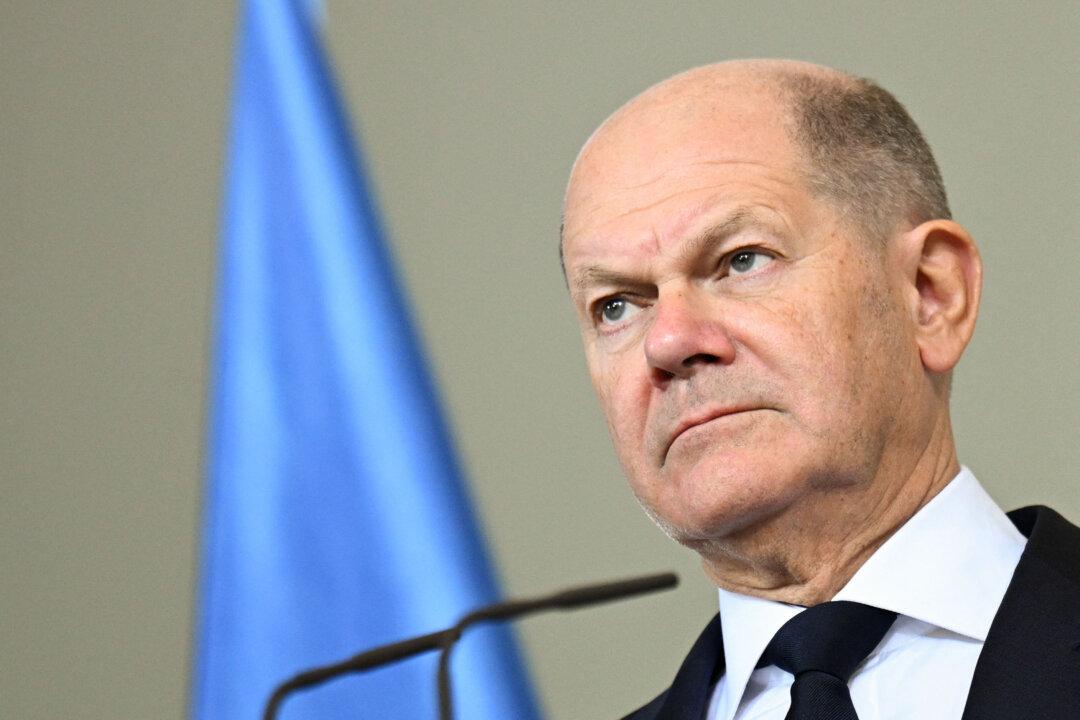German Chancellor Olaf Scholz lost a confidence vote in the German parliament on Dec. 16, paving the way for an early election in February 2025.
Scholz, who called the vote, secured the support of 207 lawmakers in the 733-seat lower house, or Bundestag, while 394 voted against him and 116 abstained, leaving him far short of the 367 votes needed for a majority.





